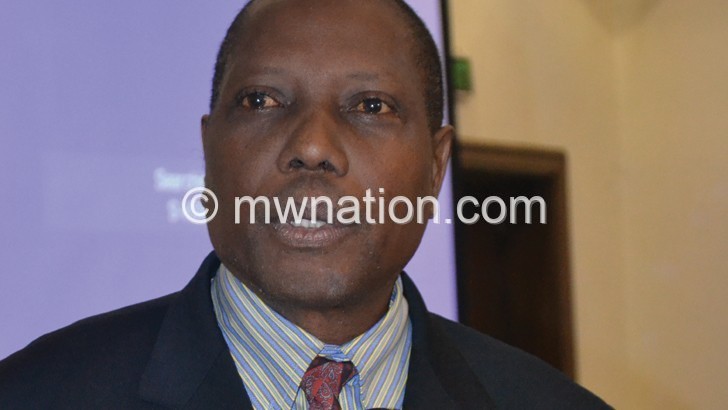World bank sees Growth at 3.3%
The World Bank has projected that Malawi’s economy will grow by 3.3 percent this year, which is below the pre-Covid-19 projection as risks, including the resurgence of the pandemic remain prevalent.
The bank’s projection, contained in its January 2021 Global Economic Prospects report is two percentage points higher than its earlier estimate of 1.3 percent in 2020 but 1.2 percentage points shy of government’s projection of 4.5 percent.
In the report releaseed on Friday, the Bretton Woods institution said despite the envisioned recovery, the level of regional gross domestic product (GDP) in 2021 and 2022 is forecast to remain below the level projected in January 2020 for Malawi and other countries in sub-Saharan Africa.

The bank said this is due to weaker-than-expected recoveries in key trading partner economies, logistical hurdles that further impede vaccine distribution and scarring of labour productivity.
Reads the report: “Although Covid-19 vaccine rollouts are expected to gather pace in early 2021 among advanced economies—bolstering business
and consumer confidence—logistical impediments are expected to delay vaccine distribution in sub-Saharan countries, including Malawi.
“The pandemic is set to further scar potential output growth, which was already losing steam owing to a contraction in total factor productivity, and leave a damaging legacy in the region.”
The bank says developing countries such as Malawi, which have weak health systems and rely heavily on global trade, tourism, remittances from abroad, will have lasting scars through multiple channels, which may lower potential growth and labour productivity in the longer term.
The bank has since urged governments, households and firms to embrace a changed economic landscape.
Experts say such a slower growth rate is an issue of concern to the economy as it could further increase poverty levels, especially in the informal service sector in urban and rural areas where the majority of Malawians live.
University of Malawi’s Chancellor College economics professor Ben Kaluwa said in an interview on Saturday the projections could be overly optimistic given the rising cases of the pandemic in the country.
He was, however, quick to say that the impact may not be as bad as last year considering that the economy is now dealing with something the country know.
Said Kaluwa: “We have seen the second wave of the pandemic, which seems more devastating than last year and potentially threatens growth.
“We do not know how they arrive at the projections, but to say the least growth may remain minimal this year unless we find a way to get rid of the pandemic.”
In the fourth Monetary Policy Committee Statement for 2020, RBM Governor Wilson Banda also said in terms of the risks to the growth outlook, fundamental uncertainty around the evolution of the pandemic remains a key factor shaping the economic outlook.
The Covid-19 pandemic subdued the economic growth last year, with the economy expected to have eased to about 1.9 percent, according to government projections.





